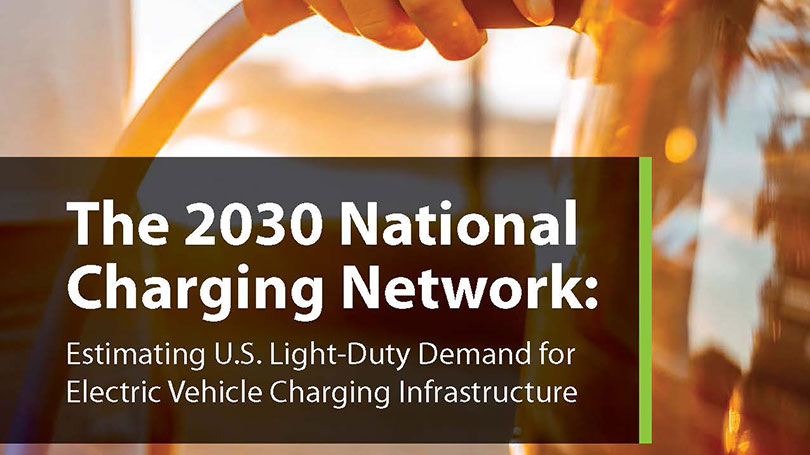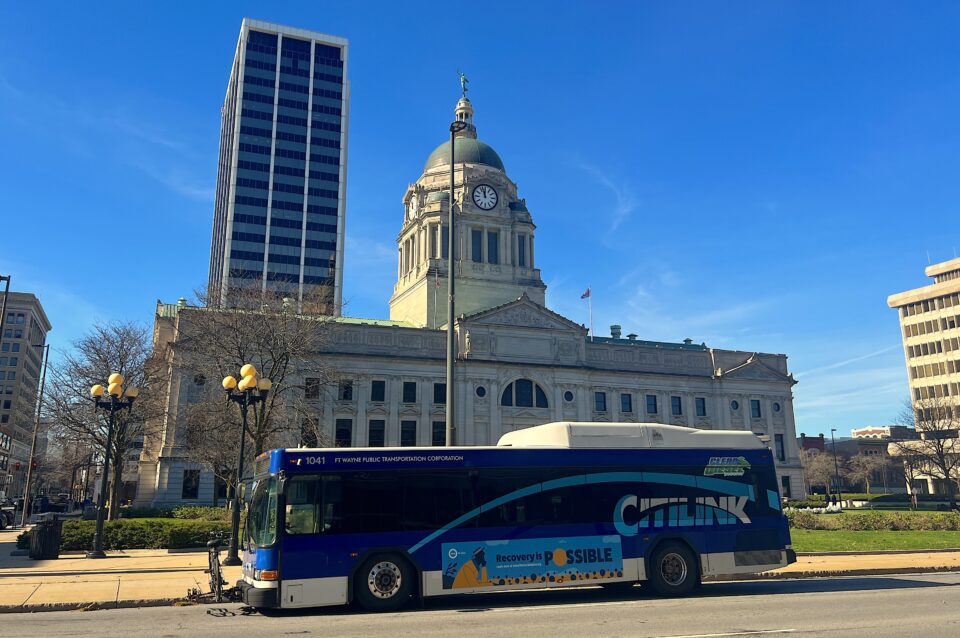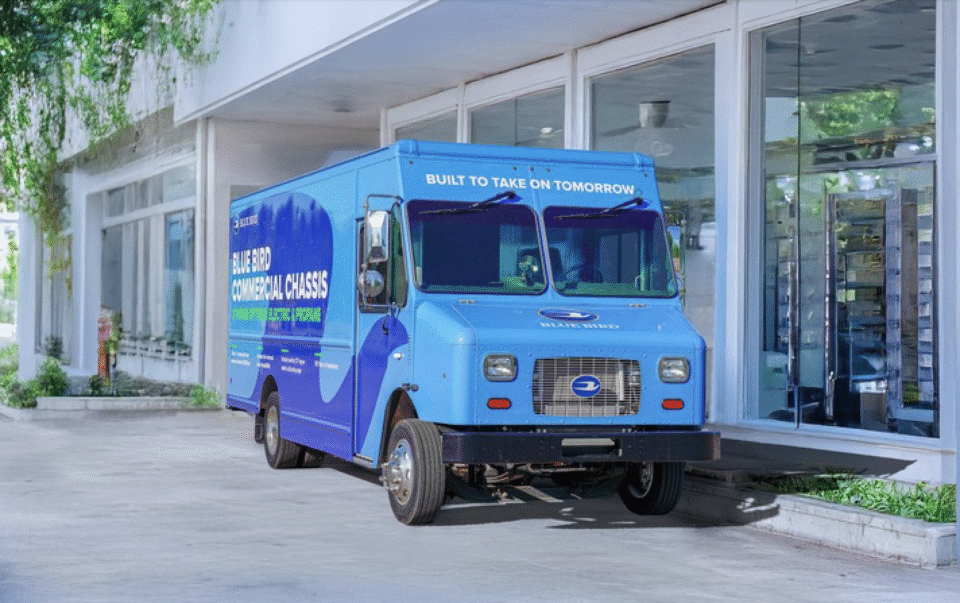New Analysis Guides Development of National Charging Network

“A new report by the U.S. Department of Energy’s National Renewable Energy Laboratory (NREL) will serve as a strategic framework for the development of nationwide electric vehicle (EV) charging infrastructure designed to meet the needs of an anticipated 30–42 million light-duty EVs by 2030. The framework outlined in the report aligns with transformative goals set by the Biden-Harris administration, the automotive industry, and the United Auto Workers for zero-emission vehicles to comprise the majority of new car sales by 2030. It also coalesces with the Joint Office of Energy and Transportation’s (Joint Office’s) vision of a convenient, affordable, reliable, and equitable charging network for all Americans.”The 2030 National Charging Network: Estimating U.S. Light-Duty Demand for Electric Vehicle Charging Infrastructure is a report that details NREL’s quantitative analysis estimating the number, type, and location of chargers needed to power a growing number of light-duty EVs nationwide. To support local, regional, state, and national infrastructure efforts, NREL details what would be required for a successful charging ecosystem by evaluating region-specific variables, such as weather, travel behavior, housing type, demographics, and types of travel. The analysis suggests that a national network in 2030 could require approximately 1.2 million publicly accessible charging ports and an additional 26.8 million privately accessible charging ports.Read key report findings





